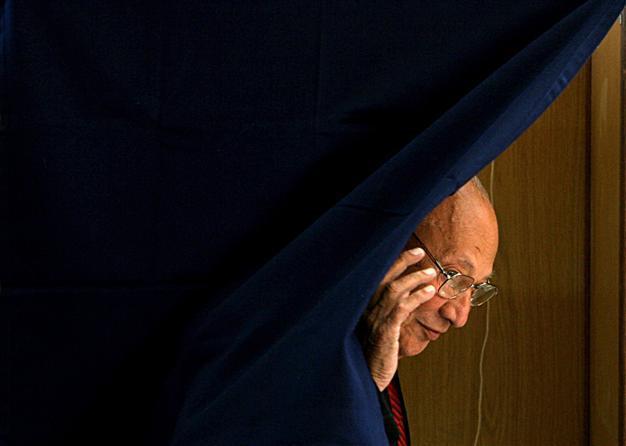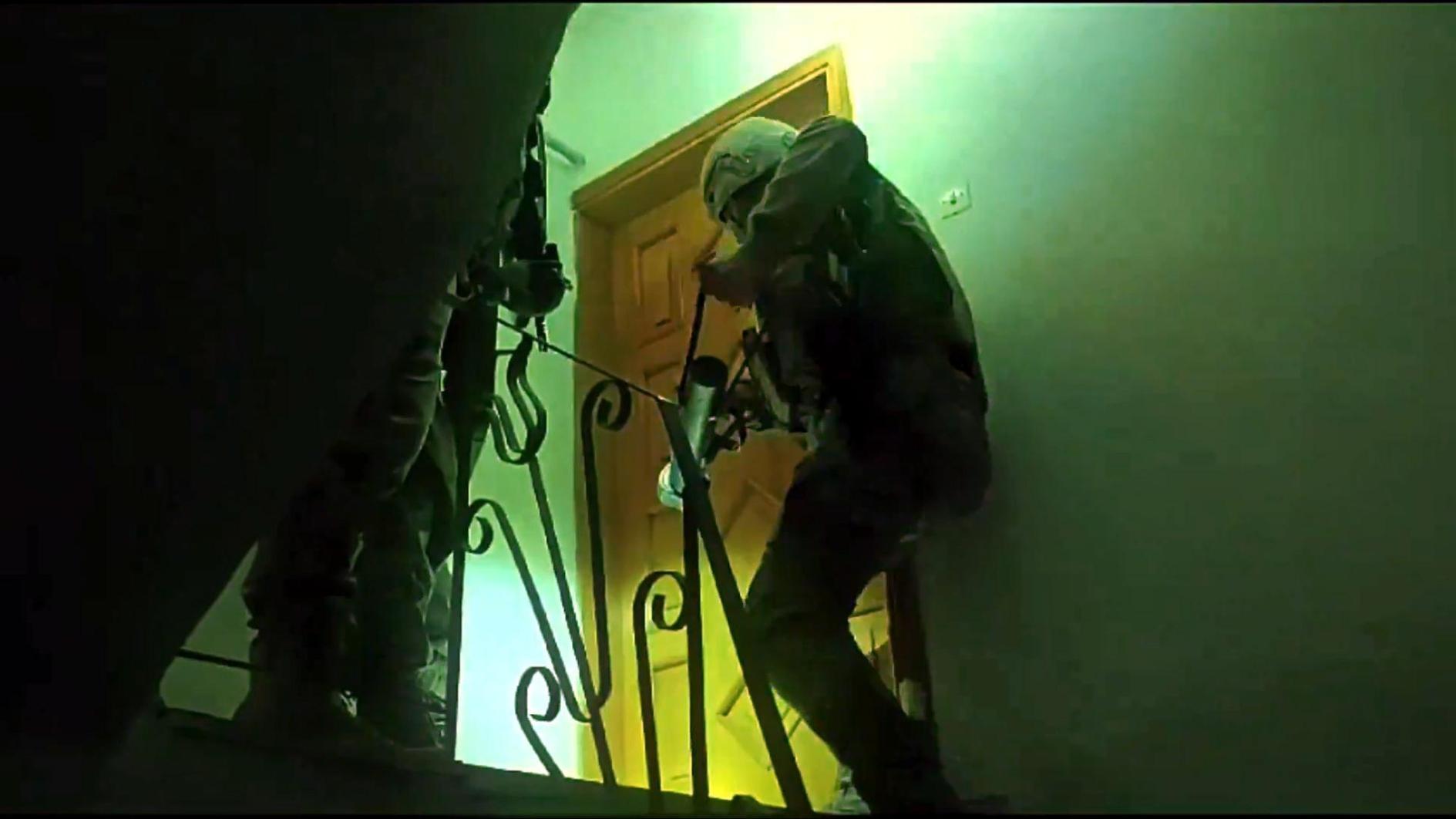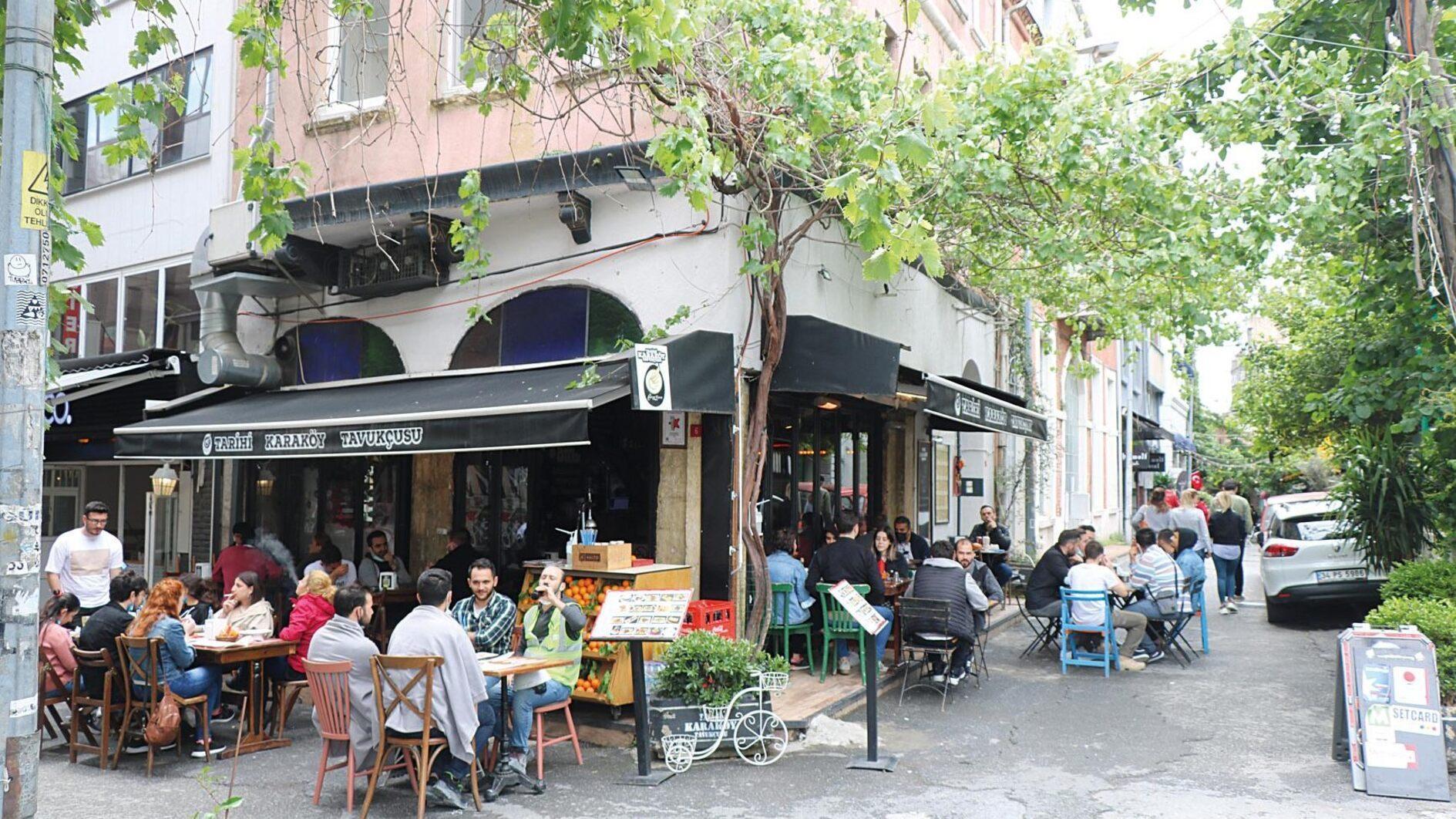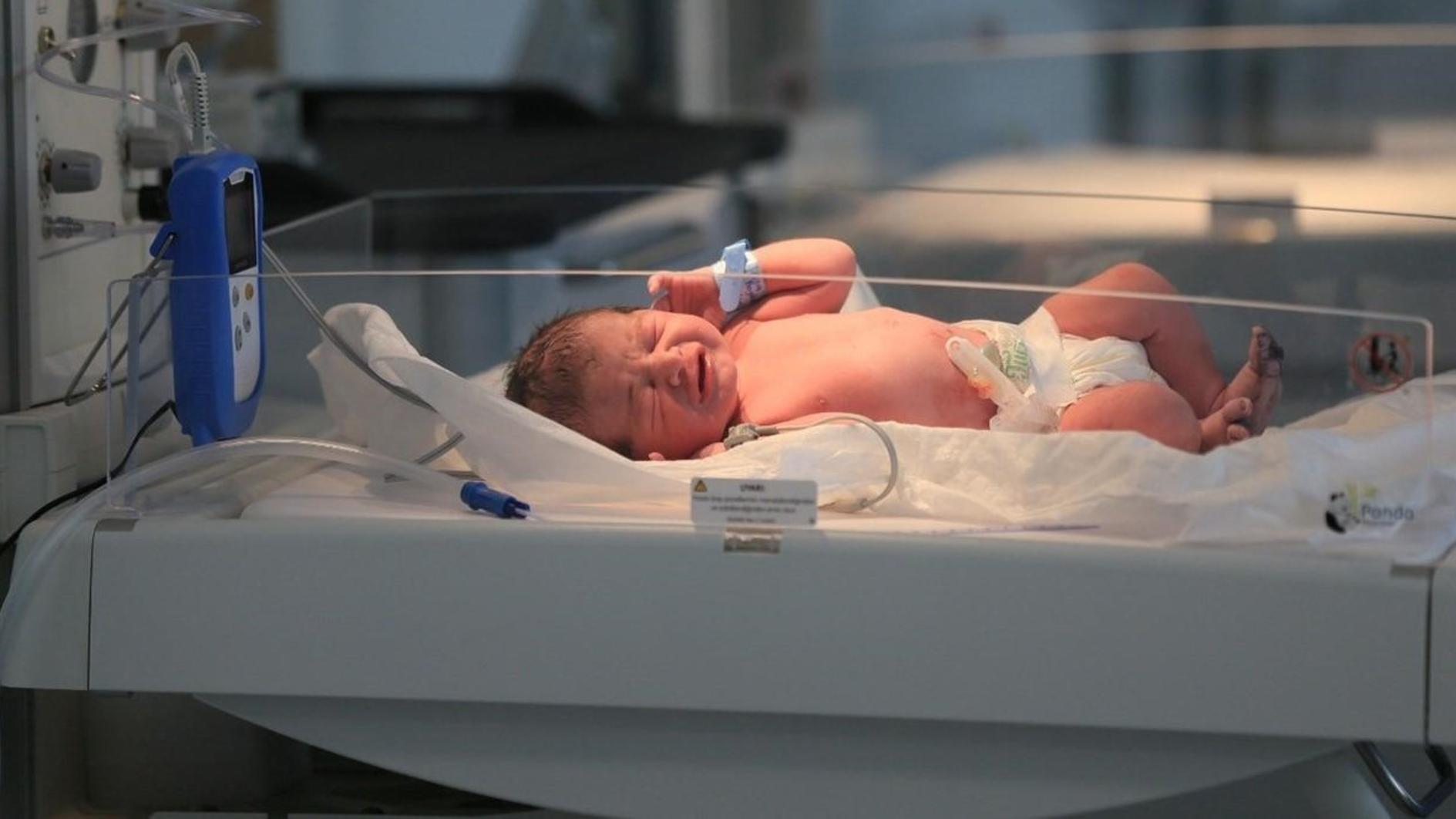Former Greek Cypriot President Glafcos Clerides passes away at 94
NICOSIA - Reuters

In this Sunday, May 21, 2006 file photo, former Cypriot president Glafcos Clerides leaves the booth after voting during the parliamentary elections in capital Nicosia, Cyprus. AP photo
Former president Glafcos Clerides, a conservative who ushered Greek Cyprus into the European Union but failed in efforts to heal the island's decades-old ethnic partition, died on Nov. 15, his doctor said. He was 94.Clerides led Greek Cyprus for two consecutive terms from 1993 to 2003, but was inextricably linked with the island's fraught modern history since its independence from Britain in 1960.
Years before his first election victory, Clerides was a prominent Greek Cypriot leader who helped craft treaties that gave Cyprus independence, and was a negotiator with longtime Turkish Cypriot leader Rauf Denktaş, who died last year.
Clerides bowed out of politics in 2003 when he failed in an attempt to get elected for a third, truncated term to spearhead peace negotiations with Turkish Cypriots.
He turned 94 in April but his health had deteriorated in recent years and he died at a Nicosia clinic from complications associated with old age, doctor Iosif Kassios told reporters.
Clerides was one of the last surviving European leaders to have seen active service in World War Two as a gunner for Britain's Royal Air Force. He escaped German prisoner-of-war camps three times.
'The choice is between yes and jumping off a precipice'
After studying law in London, Clerides was once written off in a premature obituary after being shot down over Hamburg during World War Two. He spent a year in chains and endured two forced starvation marches across Germany before escaping for a third time.
"There are those who can endure the adversities and those who break down ... If you see the result of those who break down, you decide you are going to survive," he once told Reuters, reminiscing on his war experiences.
After the war, he returned to London to pursue law, where he met his wife, Indian-born Lila, who worked at the BBC World Service. She once told this correspondent that she agreed to a date after taking pity on Clerides, a scruffy young man just released from a prisoner of war camp.
The couple renewed their marriage vows in 1995 and Lila died in 2007. They are survived by a daughter, Kate.
Clerides unsuccessfully lobbied the Greek Cypriot side to accept a U.N. reunification plan for Cyprus put to public referendum in April 2004. The plan was accepted by the Turkish Cypriot community.
The rejection by the Greek Cypriots meant that only the internationally recognised republic in the south of the island joined the the EU, although all of it was technically admitted.
Reunification of Cyprus, whose 1974 ceasefire lines are monitored by U.N. peacekeepers, continues to elude an army of international negotiators.
"The choice is between... 'yes' and jumping off a precipice. We don't know how deep that precipice is," Clerides told a pro-reunification rally in April 2004 in one of his last public appearances.
















